Improving Efficiency in Di Calcium Phosphate Production with Modern Equipment
Di Calcium Phosphate (DCP) plays an essential role in industries like animal feed, fertilizer manufacturing, and even pharmaceuticals due to its high phosphorus content and digestibility. As global demand for sustainable food production increases, manufacturers are tasked with meeting this demand efficiently. Modern equipment has revolutionized Di Calcium Phosphate Production, improving output quality, reducing waste, and minimizing environmental impact.
By adopting advanced technologies, companies like LANE Group are at the forefront of these innovations, enabling faster, more efficient Di Calcium Phosphate Production. This article explores the key modern equipment used in DCP production, examining how these innovations are boosting efficiency and sustainability.
Advanced Reactors for Enhanced Conversion Efficiency
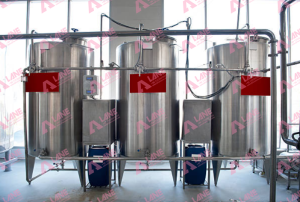
One of the core steps in Di Calcium Phosphate Production involves the reaction between calcium carbonate and phosphoric acid, which produces DCP and calcium sulfate as a byproduct. Traditional production methods can be inefficient, leading to lower conversion rates, higher energy consumption, and increased waste. However, modern reactors have been designed to overcome these challenges.
State-of-the-art reactors used in Di Calcium Phosphate Production optimize temperature control and reactant distribution, ensuring that every part of the reaction takes place under ideal conditions. This leads to higher conversion rates and faster reaction times, improving overall production efficiency. Moreover, with better thermal management systems in place, these reactors reduce energy consumption, making the production process more sustainable and cost-effective.
These advanced reactors also allow for greater precision in controlling the reaction conditions, ensuring consistent product quality across batches. By improving conversion efficiency, modern reactors help manufacturers produce higher-quality DCP while lowering the operational costs and environmental footprint associated with production.
Efficient Filtration and Separation Systems
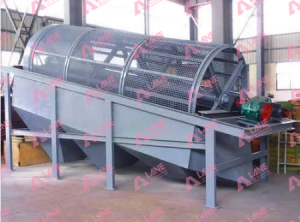
The separation of DCP from byproducts is a critical step in the Di Calcium Phosphate Production process. In traditional setups, filtration systems often fail to efficiently separate DCP from impurities, leading to lower yields and the need for multiple processing steps. Modern filtration and separation systems have dramatically improved this part of the production line.
These systems now incorporate highly efficient filters designed to remove impurities and unwanted byproducts, such as calcium sulfate, in a single pass. This reduces the need for secondary processing steps and increases the overall yield of high-quality DCP. By automating the filtration process and utilizing advanced membrane technologies, manufacturers can ensure that the final product is free from contaminants, ready for use in animal feed or fertilizers.
Additionally, modern filtration equipment has enabled companies to reclaim valuable byproducts that were once discarded, adding an extra layer of efficiency to the Di Calcium Phosphate Production process. This not only improves profitability but also supports sustainability by reducing waste.
Automated Granulation Systems for Consistent Product Quality
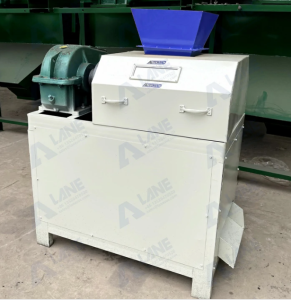
Granulation is a crucial phase in Di Calcium Phosphate Production, particularly for products used in animal feed or fertilizers. High-quality granules ensure that the product is easy to handle, store, and apply in various agricultural or industrial contexts. The challenge in traditional production systems lies in maintaining consistent granule size and quality, which can affect product performance.
Modern automated granulation systems have addressed these issues by offering precise control over the granule formation process. These systems monitor factors such as moisture content, particle size, and temperature in real-time, ensuring that every batch of DCP granules meets stringent quality standards. Automated systems can adjust the process dynamically, reducing human error and variability in product quality.
By improving granulation efficiency, these systems help companies produce more uniform, high-quality DCP granules. This leads to better product performance, whether it’s being used to enhance soil fertility in agriculture or improve the nutritional quality of animal feed.
Energy-Efficient Drying Technologies
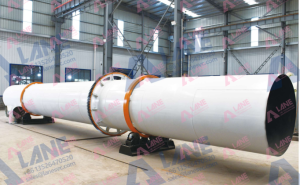
Drying is another essential stage in Di Calcium Phosphate Production. After granulation, DCP must be dried to achieve the desired moisture content for long-term storage and application. Traditional drying methods often consume significant amounts of energy, contributing to high production costs and carbon emissions.
To address these concerns, modern drying technologies have been developed to improve energy efficiency without compromising on product quality. For example, fluidized bed dryers are now widely used in Di Calcium Phosphate Production. These dryers use hot air to evenly and efficiently dry the DCP granules, ensuring a consistent moisture content throughout the product.
What makes these drying systems more efficient is their ability to recover and reuse heat energy within the system. This reduces the overall energy consumption and environmental impact of the drying process. Additionally, by reducing drying times, these advanced technologies speed up production, helping manufacturers meet growing demand more effectively.
Real-Time Monitoring and Data Analytics for Process Optimization
Perhaps the most transformative innovation in Di Calcium Phosphate Production is the integration of real-time monitoring and data analytics into the production process. Modern equipment is equipped with sensors that gather data on key parameters, such as temperature, pressure, and product quality, throughout the production line. This data is analyzed in real-time to identify inefficiencies, predict maintenance needs, and adjust operating conditions to optimize performance.
Data analytics allows manufacturers to fine-tune their production processes, minimizing waste, reducing downtime, and improving overall efficiency. For example, if a deviation from the ideal reaction temperature is detected, the system can automatically adjust to bring it back in line. Similarly, predictive maintenance systems can identify potential equipment failures before they happen, allowing for timely repairs that prevent costly disruptions.
By adopting real-time monitoring and data analytics, companies can make data-driven decisions that enhance the efficiency of Di Calcium Phosphate Production. This not only improves productivity but also ensures that products consistently meet high standards of quality.
Conclusion: A New Era of Efficiency in Di Calcium Phosphate Production
The integration of modern equipment and technologies has ushered in a new era of efficiency in Di Calcium Phosphate Production. From advanced reactors and automated granulation systems to energy-efficient drying technologies and real-time monitoring, manufacturers now have the tools to produce high-quality DCP more efficiently than ever before.
These innovations are not only improving production efficiency and reducing costs but also supporting sustainability by minimizing energy consumption and waste. As global demand for DCP continues to rise, manufacturers who embrace these technologies will be well-positioned to meet the needs of their customers while contributing to a more sustainable future.
LANE Group’s commitment to incorporating these modern technologies into its Di Calcium Phosphate Production lines ensures that it remains a leader in the field, delivering top-quality products that support agriculture, animal feed production, and more. For industries that rely on DCP, the future looks bright, with continued advancements paving the way for even greater efficiency and sustainability.



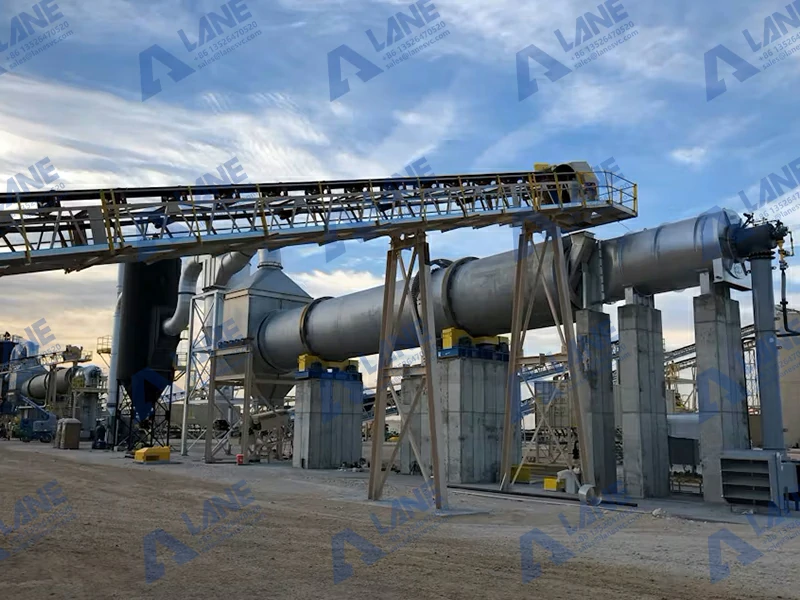
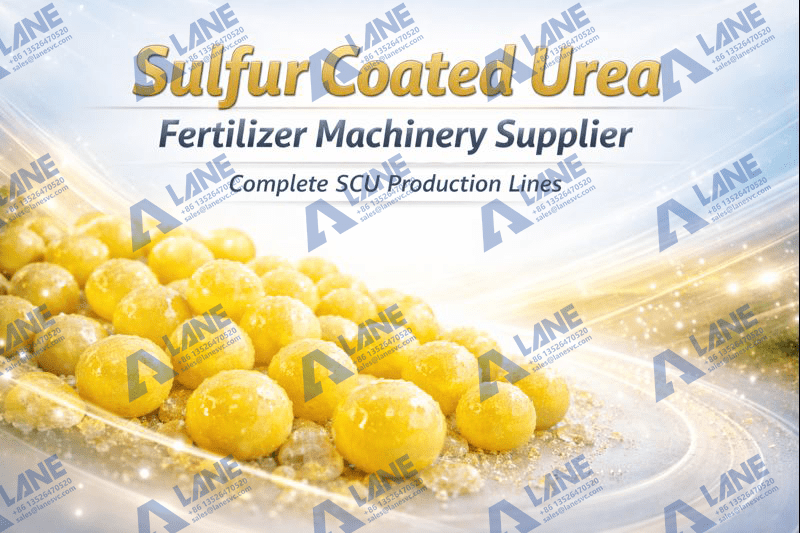
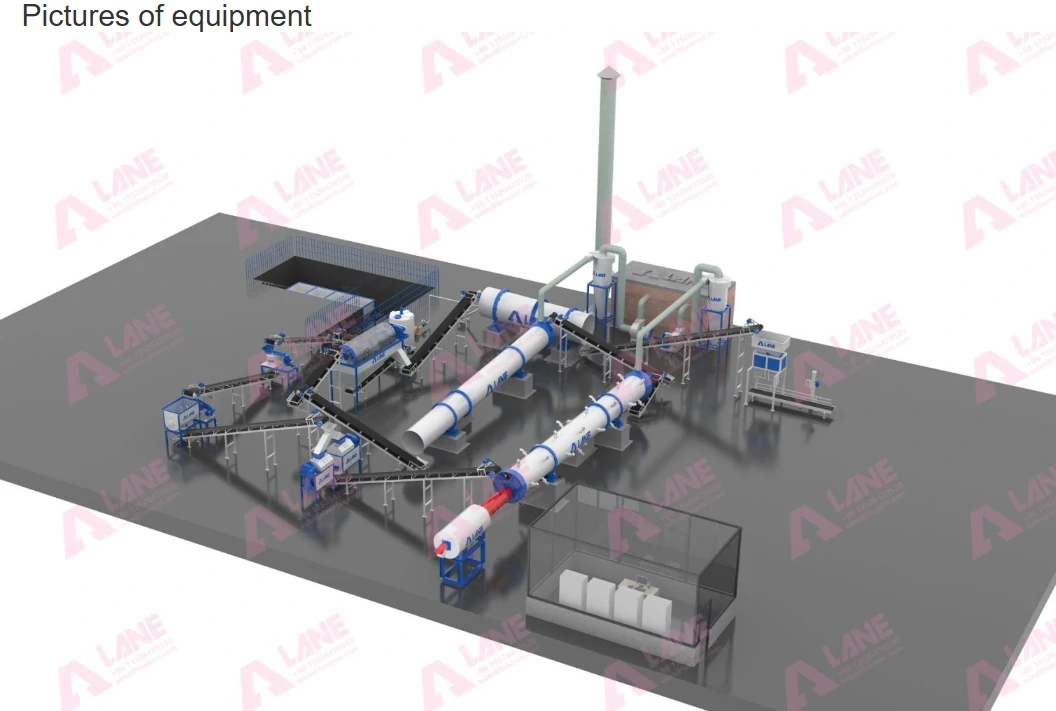
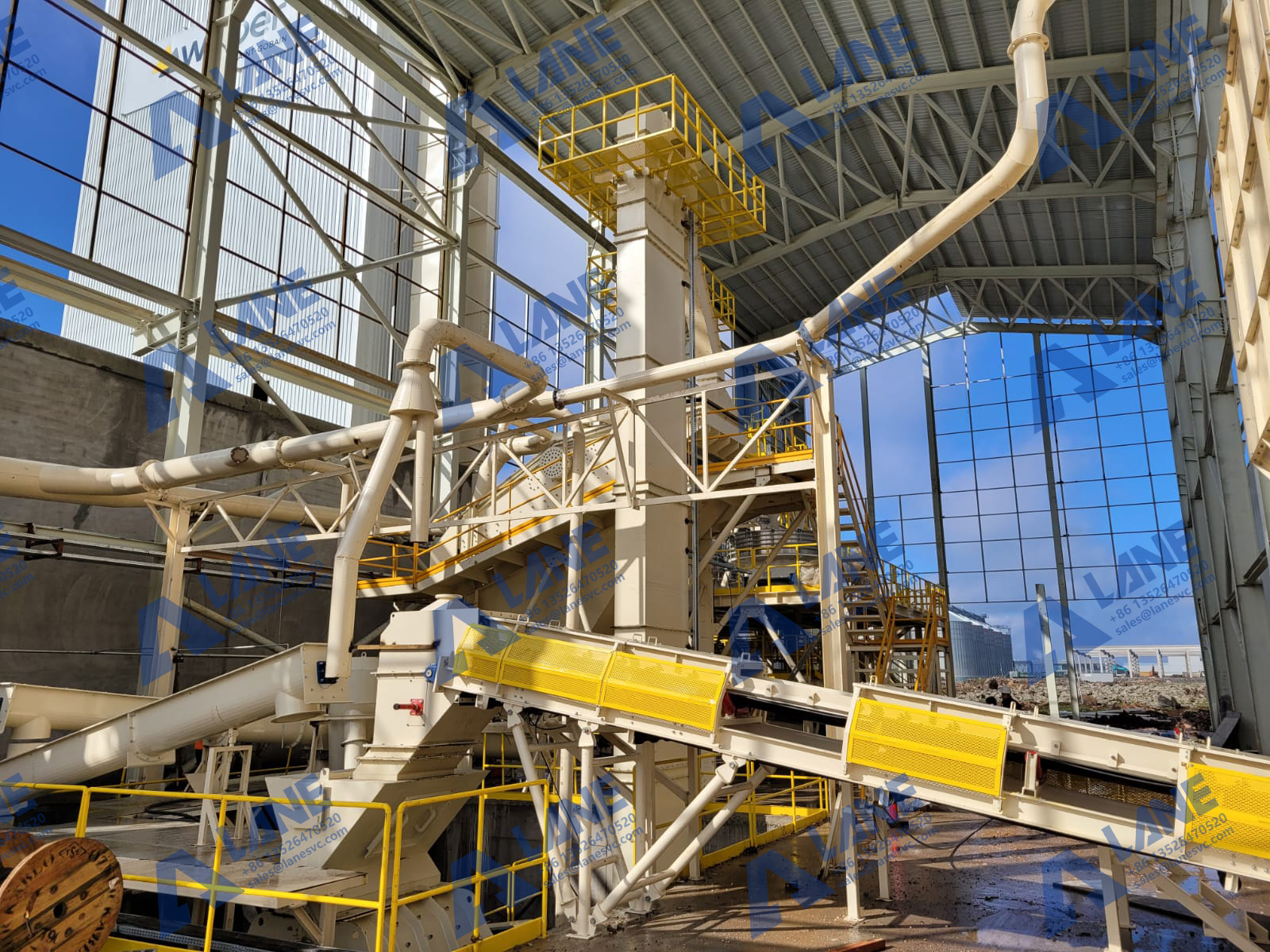
Send a message to us